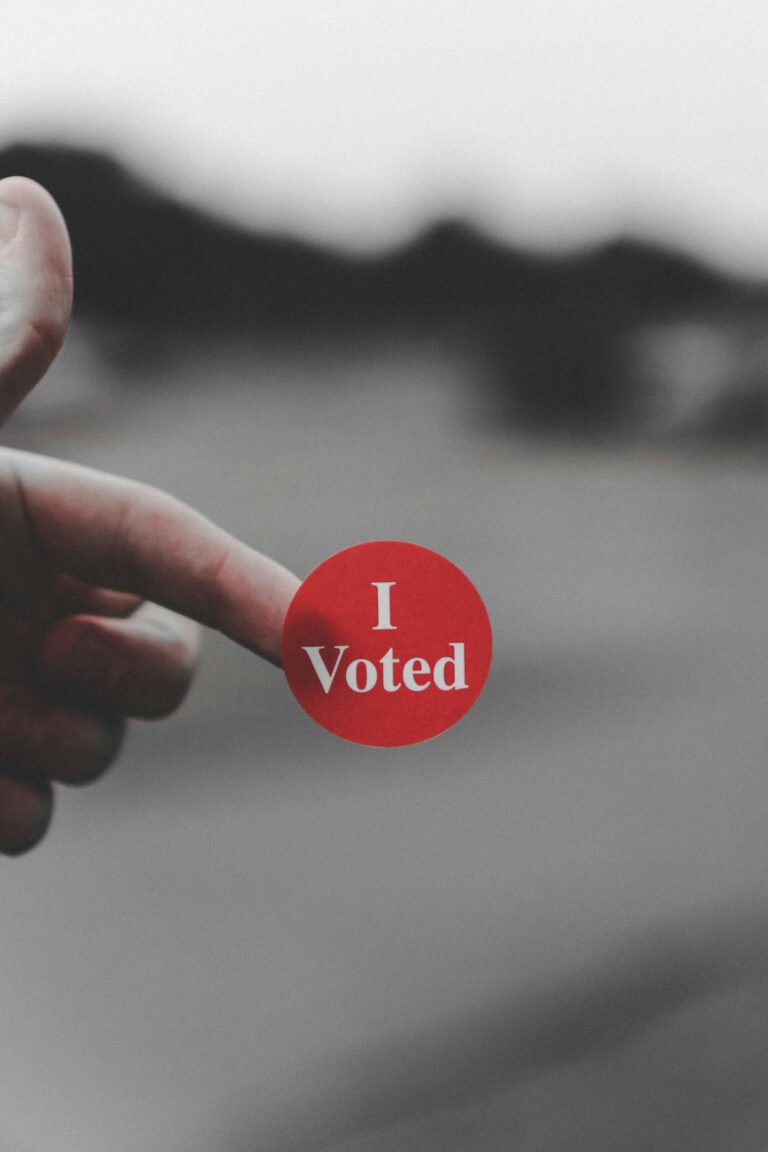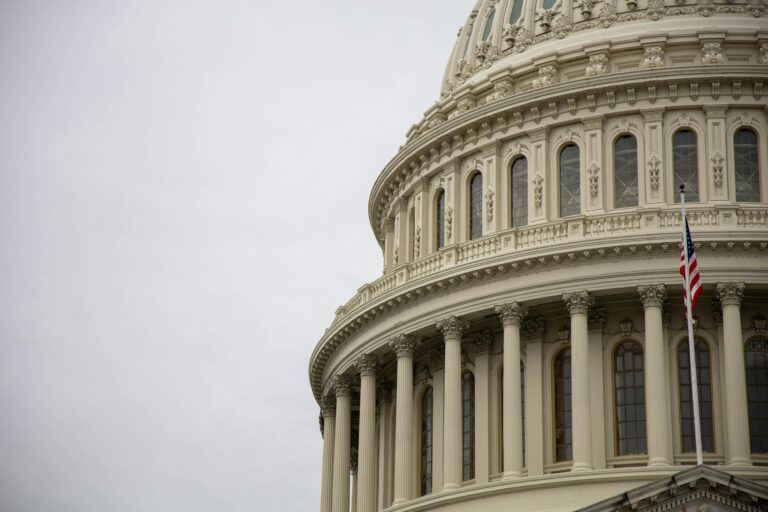
Memorial Day is a time to remember and honor those who have served in the U.S. armed forces, especially those who sacrificed their lives in service to the country. Beyond parades, ceremonies, and speeches, this day also reminds us of the commitment we owe to veterans and active-duty military personnel. However, fulfilling that commitment requires more than gratitude—it demands practical support through adequate funding and effective policies.
In recent years, military funding and veteran care have been topics of intense political debate. From healthcare to housing to education, the challenges veterans face after their service often reveal gaps in the support they receive. Here, we explore the politics surrounding military funding, current legislative efforts, and the ongoing battle to ensure our veterans receive the care and benefits they deserve.
1. The Basics of Military Funding and Support Systems
Defense Budget and Military Funding
Each year, the U.S. government allocates a substantial portion of the federal budget to defense. This funding supports a range of needs, including troop training, weapons and equipment, and global military operations. In 2024, the Department of Defense budget exceeds $800 billion, reflecting the nation’s commitment to maintaining a strong military presence.
Veteran Services and VA Funding
While defense funding receives significant attention, the budget for the Department of Veterans Affairs (VA) is also crucial. VA funding supports medical care, mental health services, education benefits, and job training for veterans. However, despite increases in the VA budget, access to these resources remains a challenge for many former service members, highlighting the need for targeted reforms and oversight.
Current Challenge:
Military funding debates often prioritize defense needs over veteran care, creating tension as some lawmakers argue that supporting veterans should be equally important. Balancing the budget to provide both strong defense and robust veteran support is at the heart of today’s political debate on military funding.
2. Healthcare for Veterans: Policy Gaps and Legislative Action
The VA Healthcare System
The VA provides healthcare to millions of veterans across the United States, but the system has faced long-standing challenges. Reports of long wait times, outdated facilities, and administrative bottlenecks have plagued the VA, making it difficult for veterans to access timely care. Mental health services and specialized care for disabilities are in particularly high demand.
Recent Legislative Efforts
Recent bills, such as the PACT Act (Honoring our Promise to Address Comprehensive Toxics Act), aim to expand VA healthcare benefits for veterans exposed to toxic substances, such as burn pits and Agent Orange. This legislation represents a significant step forward in addressing health issues unique to veterans, but gaps remain in the system.
Ongoing Debate:
The political debate around veterans’ healthcare centers on how to improve the VA’s efficiency and ensure accountability. Some argue for greater privatization of veteran healthcare, giving veterans more options outside the VA system. Others contend that more funding and structural reform within the VA itself are needed to better serve veterans directly.
3. Mental Health: An Urgent Priority
The Crisis in Mental Health Services for Veterans
Veterans face higher rates of PTSD, depression, and suicide than the general population. Studies reveal that nearly one in five veterans experiences mental health issues after their service, and the transition to civilian life often exacerbates these challenges. Although the VA offers mental health services, demand far exceeds available resources, leading to prolonged wait times and insufficient care.
Legislative Response and Gaps
The Commander John Scott Hannon Veterans Mental Health Care Improvement Act passed in 2020, expanding access to mental health services for veterans and funding new suicide prevention programs. However, despite legislative efforts, mental health remains a critical unmet need.
Political Divide:
The debate around mental health funding for veterans often hinges on the cost of expanding services versus the moral imperative to support veterans fully. Some policymakers push for comprehensive support and funding, while others call for private-sector partnerships to alleviate pressure on the VA. Meanwhile, advocates emphasize that mental health support is crucial to fulfilling the nation’s promise to veterans.
4. Veteran Housing and Homelessness
The Ongoing Homelessness Crisis
Despite being a small segment of the population, veterans make up a disproportionately high percentage of the homeless population in the U.S. Factors like mental health issues, difficulty transitioning to civilian employment, and lack of affordable housing all contribute to veteran homelessness.
Recent Initiatives and Funding
Programs such as the HUD-VASH (Housing and Urban Development-Veterans Affairs Supportive Housing) program have been instrumental in providing housing assistance to homeless veterans. HUD-VASH combines VA case management with rental assistance, but despite its success, many veterans remain without stable housing.
Political Discussion:
The issue of veteran homelessness is one that garners bipartisan support, but debates often arise regarding the best allocation of resources. Some advocate for expanding HUD-VASH and similar programs, while others emphasize job training and mental health support as essential for addressing root causes of homelessness. The overarching question remains: how can Congress better align funding to support housing stability for veterans?
5. Educational and Employment Benefits: From GI Bill to New Programs
The GI Bill and Beyond
The GI Bill, established after World War II, remains one of the most significant pieces of legislation supporting veterans. It provides education benefits, helping veterans attend college or vocational training. In recent years, programs have been expanded to include more flexible educational options and career support.
Current Challenges and Limitations
While the GI Bill has been a success, challenges persist. Some veterans face barriers to accessing benefits, while others find that the financial assistance provided is insufficient to cover modern educational costs. Additionally, veterans transitioning to civilian life often encounter difficulty finding employment that matches their skills.
Policy Debate:
Legislators continue to discuss how to modernize the GI Bill to meet the needs of today’s veterans. Proposals include expanding job training programs, increasing flexibility in benefits, and partnering with private companies to create specialized employment programs for veterans. Ensuring the GI Bill’s relevance in a changing economy remains a priority for policymakers on both sides of the aisle.
6. Military Families: Addressing the Needs of Dependents and Caregivers
Support for Military Families
The effects of military service extend beyond veterans themselves to include their families, who often bear the emotional and financial burden of deployment, relocation, and, in some cases, caregiving for injured veterans. Supporting military families with resources, counseling, and caregiver benefits has become an important issue in veteran support discussions.
Recent Legislative Changes
The Military Family Leave Act and expansions to the Caregivers and Veterans Omnibus Health Services Act have provided increased benefits and protections for military families, but caregivers still face challenges in accessing financial and mental health support.
Political Focus:
The issue of military family support is widely recognized but often underfunded. As policymakers work to balance the budget, they face the challenge of ensuring that families, especially caregivers, receive adequate support. Advocates emphasize that caring for military families is part of the nation’s responsibility, given the sacrifices these families make alongside their loved ones in uniform.
7. Veterans’ Advocacy and Political Influence
The Role of Veteran Advocacy Groups
Veterans’ advocacy organizations, such as the American Legion, VFW (Veterans of Foreign Wars), and Iraq and Afghanistan Veterans of America (IAVA), play a crucial role in lobbying for policy changes, increased funding, and better resources for veterans. These groups work to hold lawmakers accountable, bringing veterans’ issues to the forefront of the national conversation.
Impact on Legislation
Advocacy groups have been instrumental in the passage of key legislation, including the PACT Act and mental health initiatives. Their ongoing efforts highlight the need for continuous oversight and pressure to ensure that the government meets its commitments to veterans.
Bipartisan Support:
Veterans’ issues generally receive bipartisan support in Congress, but advocates argue that more funding and faster implementation of policies are needed. With Memorial Day as a reminder of the sacrifices veterans have made, these groups stress the importance of treating veteran support as a moral obligation rather than a political issue.
Moving Forward: Ensuring Comprehensive Support for Veterans
As the country commemorates Memorial Day, it’s essential to remember that honoring veterans goes beyond ceremonies and speeches. The real tribute is ensuring that veterans receive the resources and support they need to live healthy, fulfilling lives after their service. While progress has been made in recent years, the challenges surrounding veteran healthcare, mental health, housing, and employment highlight the work still needed to make good on our promises.
What Can We Do?
- Advocate for Robust Funding: Contact lawmakers to support increased funding for the VA, mental health services, and veteran housing programs.
- Support Veterans in Your Community: Volunteer with organizations that provide services for veterans or offer help to veteran families who may need assistance navigating available benefits.
- Raise Awareness: Educate others about the ongoing issues facing veterans and military families, particularly around Memorial Day, to ensure these challenges remain part of the national conversation.
In 2024 and beyond, honoring veterans means standing by them not only in words but in action, striving to create a nation where their service and sacrifices are met with enduring support. By addressing the political debates and advocating for effective legislation, we can carry forward a legacy of commitment to those who have dedicated their lives to protecting ours.






